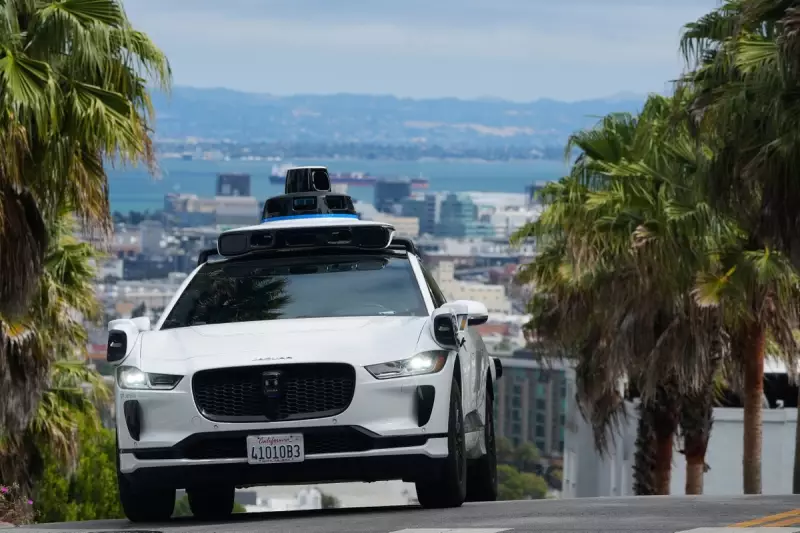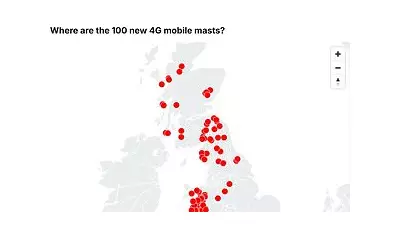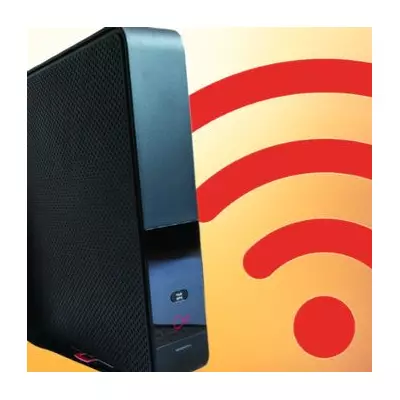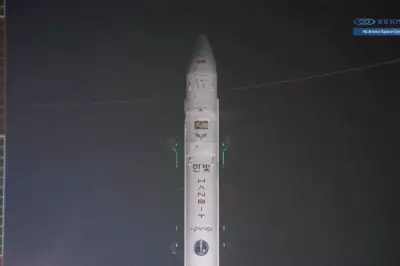
In a significant step for the autonomous vehicle industry, Waymo has begun deploying its driverless robotaxis on freeways and interstates. The service expansion, which started this week, now covers major routes around San Francisco, Los Angeles, and Phoenix.
Passengers in the Bay Area can now experience a fully driverless journey from near San Francisco City Hall all the way to San Jose Mineta International Airport, a trip of approximately 45 miles on the U.S. 101 highway. Curbside pick-up and drop-off at the airport is now active, with similar services being tested at San Francisco International Airport.
The Road to Expansion
The rollout of this highway service will be gradual in Los Angeles, where driverless Waymo cars are already a familiar sight in downtown and residential areas. However, around San Francisco, the expansion is more immediate, covering the entire peninsula to the south, including tech hubs like Palo Alto and Mountain View.
Waymo, owned by Alphabet, Google's parent company, first launched its commercial robotaxi service in Phoenix back in 2020. The company has confirmed that future expansions are planned for Atlanta and Austin, Texas, bringing highway rides to more passengers soon.
A Competitive and Evolving Landscape
Waymo currently enjoys a leading position in the robotaxi industry, a field that is slowly becoming more crowded. Amazon is preparing a challenge, announcing plans in June to produce up to 10,000 robotaxis annually at a plant near Silicon Valley through its subsidiary, Zoox, which it acquired for $1.2 billion.
Zoox has already launched a limited service in Las Vegas. Meanwhile, Tesla aims to introduce its 'Cybercab' by 2026, though this timeline has been met with scepticism. In contrast, General Motors has pulled back from the robotaxi business, ceasing funding for its Cruise unit to focus on driver-assist systems for personal vehicles.
Beyond Passenger Transport: Autonomous Deliveries
The reach of autonomous technology is extending beyond taxis. DoorDash is now using a bright red delivery robot named 'Dot' in several cities to bring food to customers' doors. The robot can carry up to six large pizza boxes and will soon be deployed in Phoenix.
On a larger commercial scale, the shipping giant Maersk is already using driverless electric cargo handlers at the ports of Los Angeles and Long Beach.
Addressing Safety and Regulation
The proliferation of self-driving cars has naturally prompted safety and regulatory discussions. A new California law, coming into effect next year, will make it easier for authorities to hold driverless car companies accountable for traffic violations.
This legislation follows an incident in San Bruno where police stopped a Waymo vehicle for an illegal U-turn but were unable to issue a ticket, citing that their "citation books don't have a box for 'robot'." Waymo has stated that its driving system is closely monitored by regulators to ensure safety.





